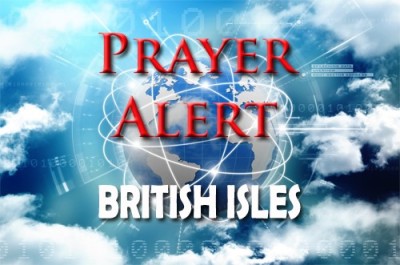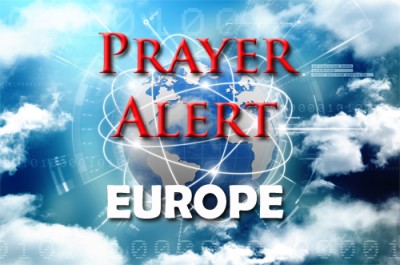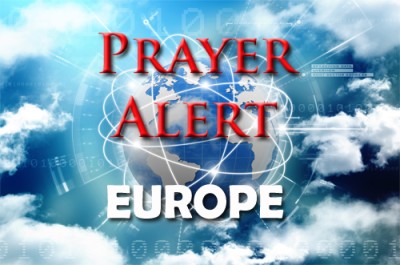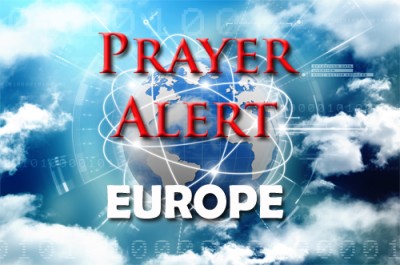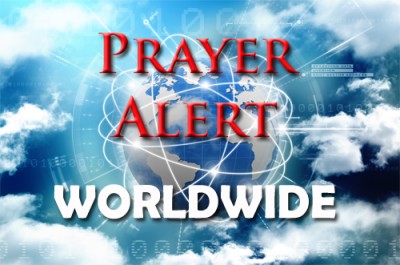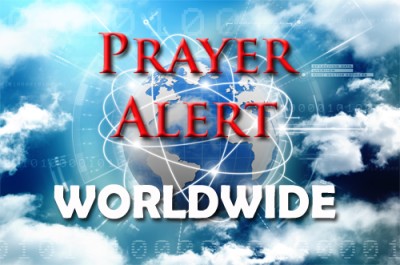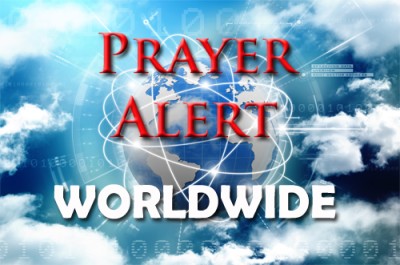Churches urged to support alcohol-free January
Churches across the UK are being urged to support Dry January 2026, as an estimated 17.5 million adults commit to a month without alcohol. The initiative, led by Alcohol Change UK, invites people to pause drinking for 31 days to reflect on habits and wellbeing. Research linked to the campaign notes benefits including improved sleep, better concentration, increased energy, and financial savings. Christian anti-addiction charity Hope UK wants churches to recognise Dry January as a pastoral opportunity, particularly for those quietly struggling with alcohol. One trustee has warned that alcohol-centred socialising remains common in church life, potentially excluding or harming vulnerable individuals, and says that alcohol-related struggles often remain hidden due to shame or fear of judgement. Hope UK encourages practical steps such as offering alcohol-free communion options, choosing non-drinking venues for gatherings, and speaking openly about alcohol with compassion. The charity believes Dry January aligns closely with the Church’s calling to provide safe, supportive spaces where people can pursue healthier choices and honest conversations about addiction and wellbeing.
Ukraine: UK and France agree to send troops if a peace deal is reached
The United Kingdom and France have agreed in principle to deploy troops in Ukraine if a peace deal with Russia is reached, marking a significant step in European security planning. Keir Starmer said the declaration of intent would allow British, French and partner forces to operate across Ukraine to deter future aggression, while Emmanuel Macron suggested thousands of troops could be involved. Allies meeting in Paris broadly agreed on the need for robust security guarantees, with the USA expected to lead monitoring of any ceasefire. However, major questions remain unresolved, particularly over territory occupied by Russia and the precise terms of enforcement. Moscow has warned foreign troops would be legitimate targets and has so far remained silent on the proposals. Volodymyr Zelensky, who said on 1 January that a peace deal was ‘90% ready’, welcomed the talks as progress but stressed that guarantees would only matter if they truly ended the war, as pressure grows on all sides to compromise.
Greenland: Trump’s ambitions expose serious weakness in NATO
Debate over Donald Trump’s apparent interest in taking over Greenland from Denmark has exposed a serious weakness within NATO. While diplomacy may yet prevail, the situation highlights how dependent European allies have become on American military power. Decades of reliance on the USA have left the alliance vulnerable if Washington ever withdraws support or acts independently. The UK illustrates this clearly. Despite presenting itself as Europe’s strongest military force, Britain relies heavily on the United States, particularly through its nuclear partnership and key battlefield 'enablers' such as satellite intelligence, electronic warfare protection and logistics. Successive governments have underinvested in these costly capabilities, assuming American backing would always be guaranteed. This dependence extends across NATO. Many members operate US-built equipment and plan defence around American leadership. Even as allies try to do more, the alliance still assumes a dominant US role. The Greenland debate sharpens a question NATO already faces: what if America is no longer fully on board?
Switzerland: shock and heartache after 1 January bar fire
Four days after the New Year’s Day bar fire that killed at least forty people, the Swiss resort of Crans-Montana remained in shock. In silence, thousands braved the cold to march through the town, stopping near the venue where the tragedy occurred, now hidden behind a white tarp. An improvised memorial of candles and flowers reflected the shared grief of residents and visitors alike. Among those gathered was a mother who had waited nearly three days for confirmation of her son’s fate. She described the anguish of uncertainty before finally learning of his death, and the painful relief of being able to begin mourning. While grateful for a final moment to say goodbye, she expressed anger at the prolonged silence from authorities during those critical days. It has now come out that the bar had not been inspected for at least five years: see
Colombia: Trump will meet Petro ‘in the near future’ despite recent threats
Donald Trump has said he will meet Colombian president Gustavo Petro at the White House in the near future, amid days of rising regional tensions. The announcement followed the US operation in Venezuela on 4 January which seized president Nicolás Maduro, with Venezuelan officials claiming a far higher death toll (over a hundred killed) than initially reported. Trump said he had discussed drugs and other disputes with Petro and welcomed a calmer tone, after previously issuing public threats. Petro warned Colombia would resist any US military action, even as Washington tightened control over Venezuelan oil sales and maintained sanctions on Bogotá, claiming that cocaine trafficking in Colombia had ‘exploded to the highest rate in decades’. Secretary of state Marco Rubio will help to arrange the talks. Meanwhile, Venezuela’s interim leader Delcy Rodríguez said that Maduro’s kidnapping was an unprecedented ‘stain on our relations’, but added: ‘Venezuela is open to energy relations where all parties benefit’. Meanwhile, the USA has seized two sanctioned oil tankers, one of them flying a Russian flag: see
Colombia: another church leader killed in targeted attack
A Colombian church leader has been killed in a targeted New Year’s Eve attack, highlighting renewed dangers facing pastors in the country. Pastor José Otoniel Ortega was shot repeatedly by armed attackers while celebrating with his family and later died from his injuries. Members of his congregation described him as a devoted servant who preached peace and lived out his faith with love. He is the eleventh church leader killed in Colombia since November 2024, according to CSW, which warns of rising hostility towards churches. Armed cartels often view pastors as threats because they oppose violence and illegal activity. CSW has urged the Colombian government to address the issue by offering additional protection to church leaders.
USA: ICE agent kills woman observer
Community tensions in Minneapolis have sharply intensified following a fatal shooting by a US immigration agent amid a major surge in enforcement activity. A 37-year-old US citizen, Renee Nicole Good, was shot and killed during an ICE operation, despite video suggesting she was driving away. Federal authorities claimed she was interfering with law enforcement, a statement strongly disputed by witnesses. The incident comes as hundreds of additional immigration officers have been deployed under the Trump administration, particularly targeting immigrant-heavy neighbourhoods. Advocacy groups report widespread fear, reduced work attendance, and growing economic strain as families avoid leaving their homes. Community networks have mobilised rapidly, training observers, tracking ICE vehicles, and providing legal and practical support to those affected. Local officials have condemned the operation, warning that aggressive enforcement is tearing communities apart and escalating violence. Residents now fear the surge represents a new and dangerous normal for the city.
India: opposition party lambasts Modi after Trump raises tariffs
India’s opposition Congress party has criticised Narendra Modi after renewed US warnings linking higher tariffs on Indian exports to continued purchases of Russian oil. Jairam Ramesh argued that a personality-driven foreign policy has failed to shield India from economic pressure. He said highly publicised displays of personal rapport with US leadership have not prevented repeated threats over trade and energy. Congress claims years of diplomacy have delivered few tangible benefits, leaving India vulnerable to sudden shifts in US policy. The criticism comes as Washington increases pressure on countries buying Russian energy amid ongoing geopolitical tensions. The government insists that purchasing discounted Russian oil is a sovereign decision needed for energy security and compliant with sanctions. While officials highlight strong defence, technology and trade ties with the US, critics warn that overreliance on personal chemistry weakens institutional diplomacy.

